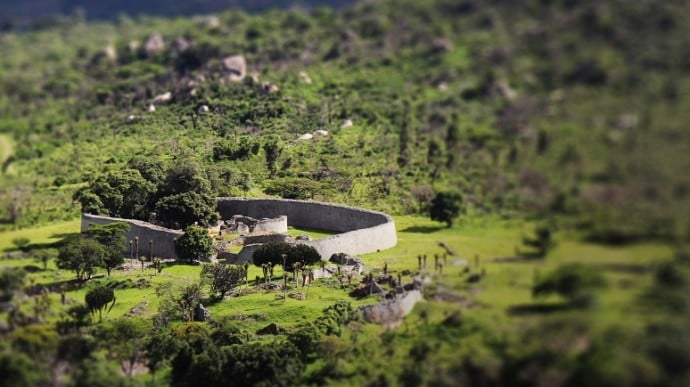Whilst South Africa has relied almost exclusively on coal from the Karoo Basin for its power needs for over a century, it has no known exploitable reserves of petroleum and very little natural gas. Therefore, the need to better understand our onshore and offshore sedimentary basin deposits and their related energy resources is very obvious. A new research and teaching focus on Energy Resources at the University of Pretoria (UP) will provide the ideal conditions to assist in the development of graduates for international petroleum and gas companies working regionally and across the continent. Consequently, the new focus area provides a landmark opportunity for UP to address future manpower needs in the energy sector not only in South Africa, but also regionally.
“The new research and teaching focus on Energy Resources at UP will address the energy demands of the country as South Africa’s sustainable economic and human capital growth is strongly dependent on the future exploitation of its fossil energy resources”, says Prof Annette Götz, the newly appointed Head of the Department of Geology and Professor of Sedimentology and Energy Resources at UP.
Prof Götz holds an MSc (1992) and a PhD (1995) from Darmstadt University of Technology (TU Darmstadt), Germany, both of which focused on carbonate sedimentology and micropalaeontology. Her research focus is on coal and hydrocarbon exploration – conventional and unconventional resources of sedimentary basins in Europe, China, Middle East, Mexico, Australia, Nigeria and Southern Africa. She is also Head and Scientific Project Manager of the Karoo Research Initiative (KARIN), incorporated under the newly-established NRF-DST Centre of Excellence for Integrated Mineral and Energy Resource Analysis (CIMERA) that is co-hosted by the University of Johannesburg and the University of the Witwatersrand.
KARIN aims to explore all aspects of the unconventional hydrocarbon potential within the Karoo Basin by investigating the sedimentary environments in which the potential source rocks formed and their subsequent thermal and structural history, in addition to considering the present physical nature of the potential source rocks and an environmental analysis, which will inform future exploration initiatives. KARIN also aims to equip South African postgraduate students with the necessary high-level skills to pursue research, and ultimately careers, in the area of hydrocarbon exploration and extraction.
This new focus area, along with the expertise of Prof Götz, will provide the ideal conditions to assist in developing graduates for international petroleum and gas companies working regionally and across the continent.
Prof Annette Götz
January 7, 2015
 Story
Story
This edition is curated around the concept of One Health, in which the University of Pretoria plays a leading role globally, and is based on our research expertise in the various disciplines across healthcare for people, the environment and animals.
 Story
Story
Highly sophisticated water management techniques of ancient civilisations demonstrate the ingenuity of inhabitants who lived with limited water. It appears we need to look to the past to ensure a stable water supply in the future.
 Story
Story
A new study by researchers at the University of Pretoria (UP) and the University of Adelaide in Australia has revealed the real function of the giraffe’s long legs ¬– to reduce blood pressure.
Copyright © University of Pretoria 2025. All rights reserved.
Get Social With Us
Download the UP Mobile App